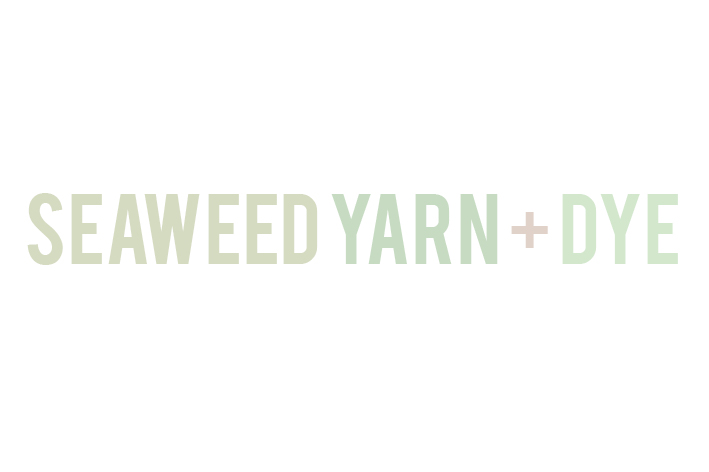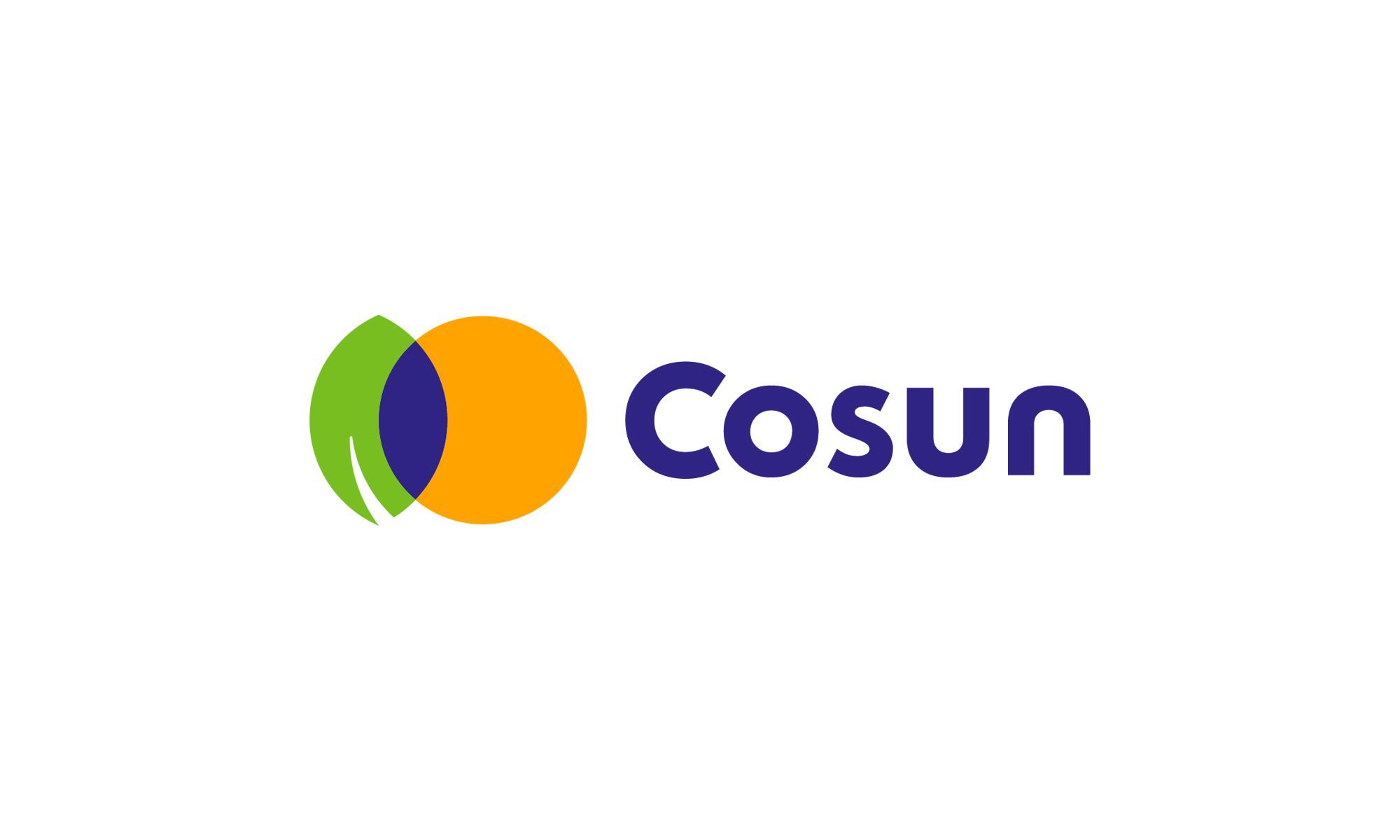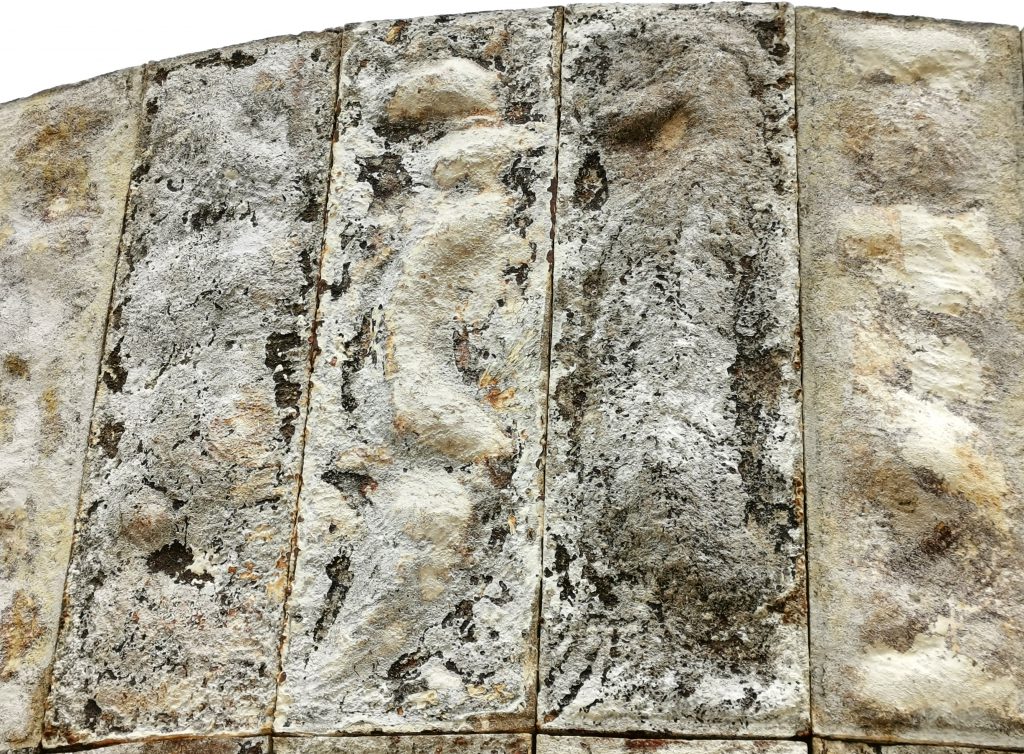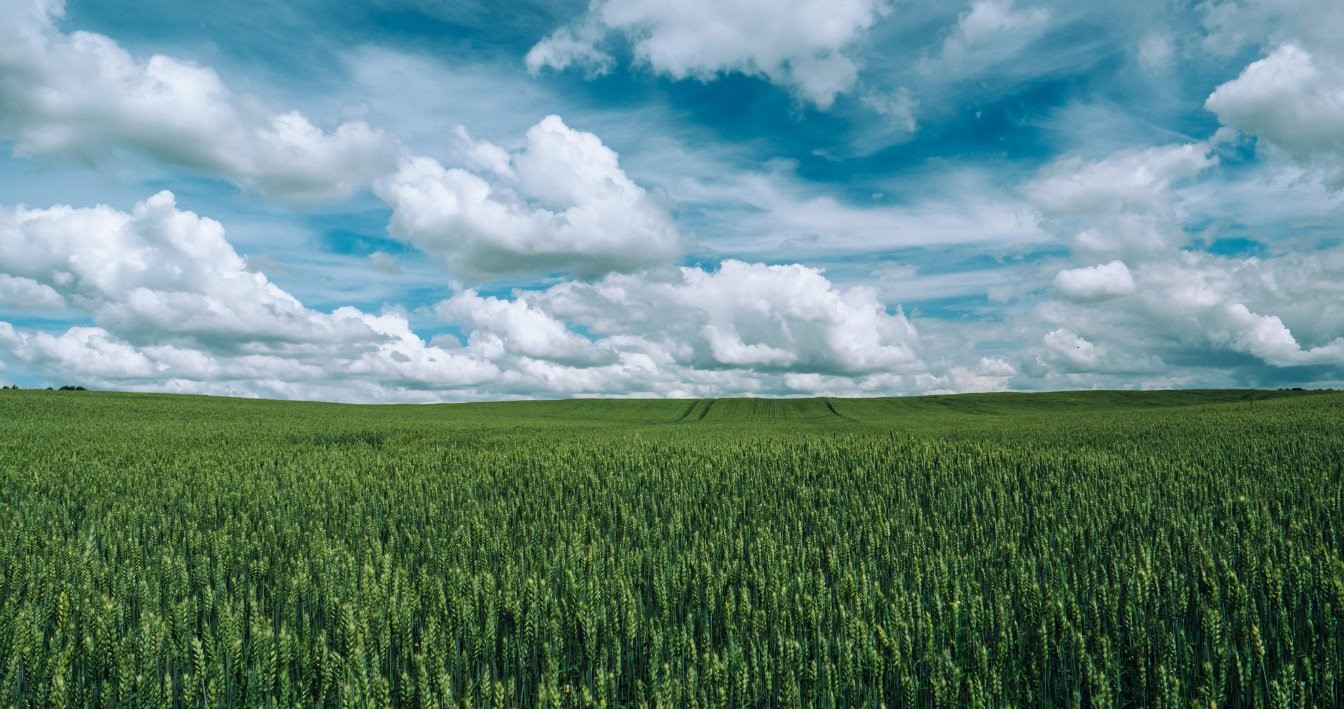Resins from fossil sources are currently used in the production of chipboard that are harmful to people and the environment. These resins are needed to make the fibers stick together and form a strong product. In order to minimize the environmental impact of the chipboard we make, we investigated various biobased resins as an alternative.
Extensive research has been done into the best conditions for the production of coconut fiber chipboard based on bending strength. In further research, the best boards were further examined for water resistance and cohesion, among other things. Coirwood wants to use the results to market a sustainable chipboard.
20211101 until 20220401


















